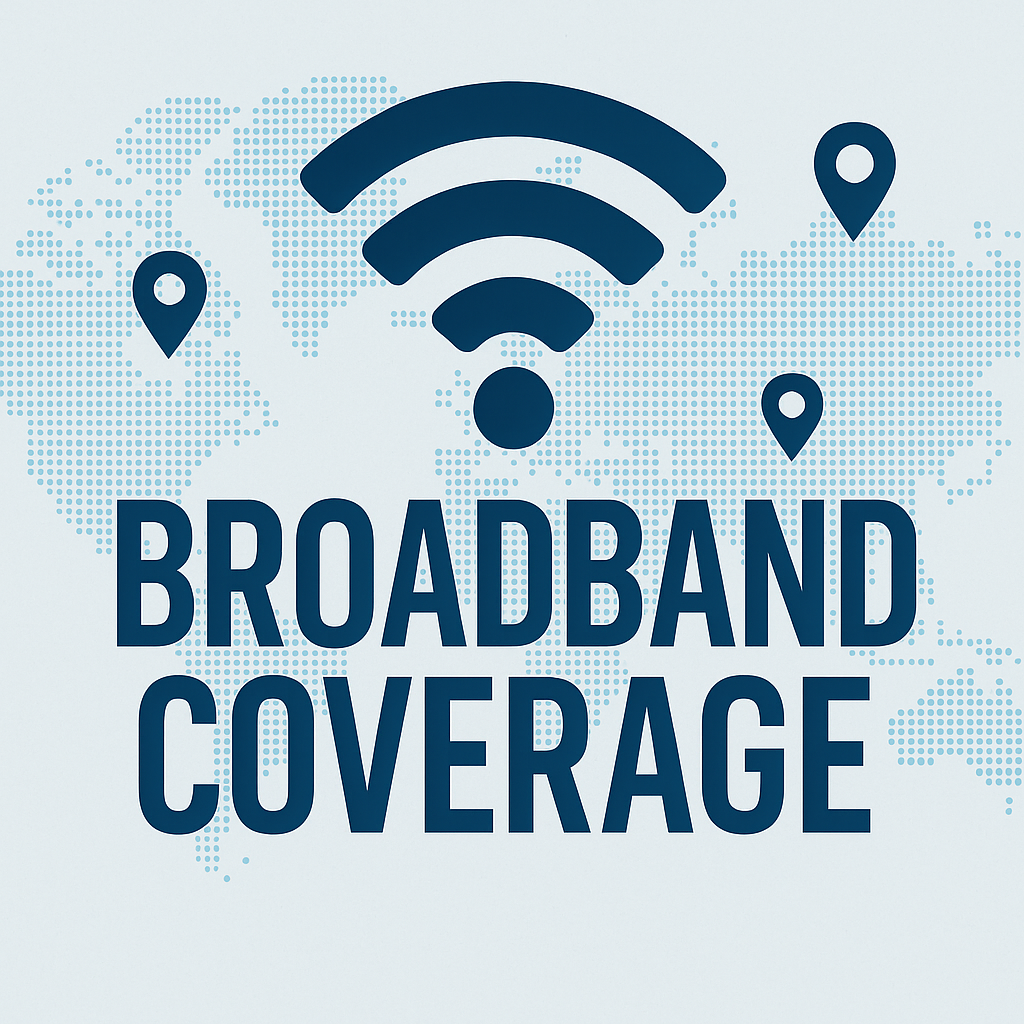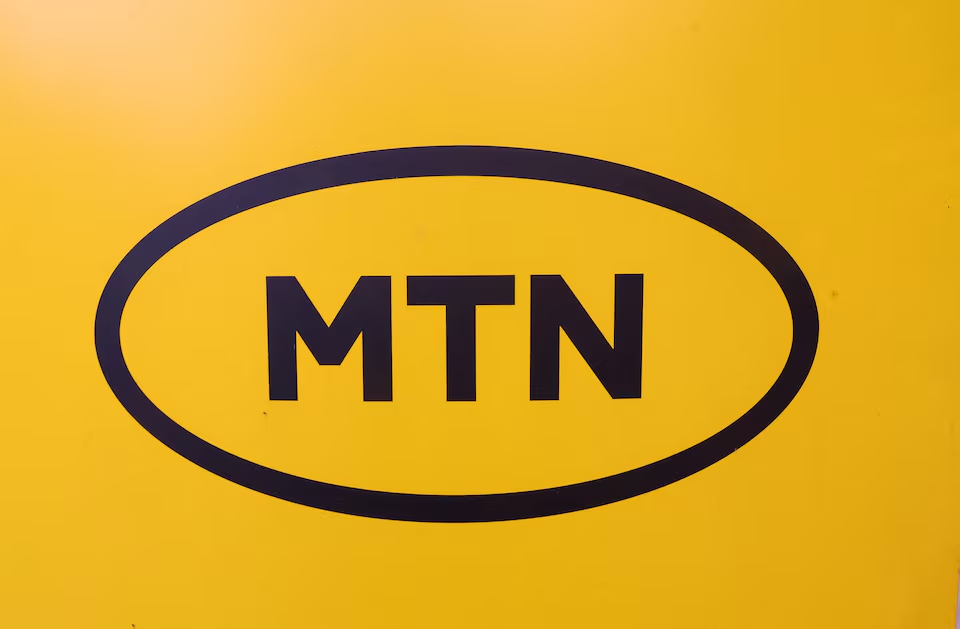Burkina Faso has set an ambitious target to achieve national broadband coverage by 2030, as part of its broader digital transformation agenda. The government’s strategy aims to expand access to telecom services and strengthen the country’s digital economy across sectors such as education, health, trade, agriculture, and public administration.
Unveiling the plan at the World Bank Group’s Private Sector Forum on May 27, Aminata Zerbo/Sabane, Minister of Digital Transition, outlined a five-point strategy: promoting infrastructure sharing, eliminating coverage dead zones, reinforcing the national backbone, deploying fiber to homes, and increasing infrastructure investment.
While broadband is seen as a foundation for digital growth, Burkina Faso faces challenges. As of 2022, only 58% of the population had 3G access, and 39.4% had 4G, while 2G covered 92.6%. The UN’s 2024 telecom infrastructure index scored the country at 0.3640 out of 1, and the ITU ranked it 43rd out of 47 African nations in ICT development.
The government acknowledges that achieving meaningful connectivity also requires affordable devices, digital literacy, and accessible services.
Source: EcoFin Agency





